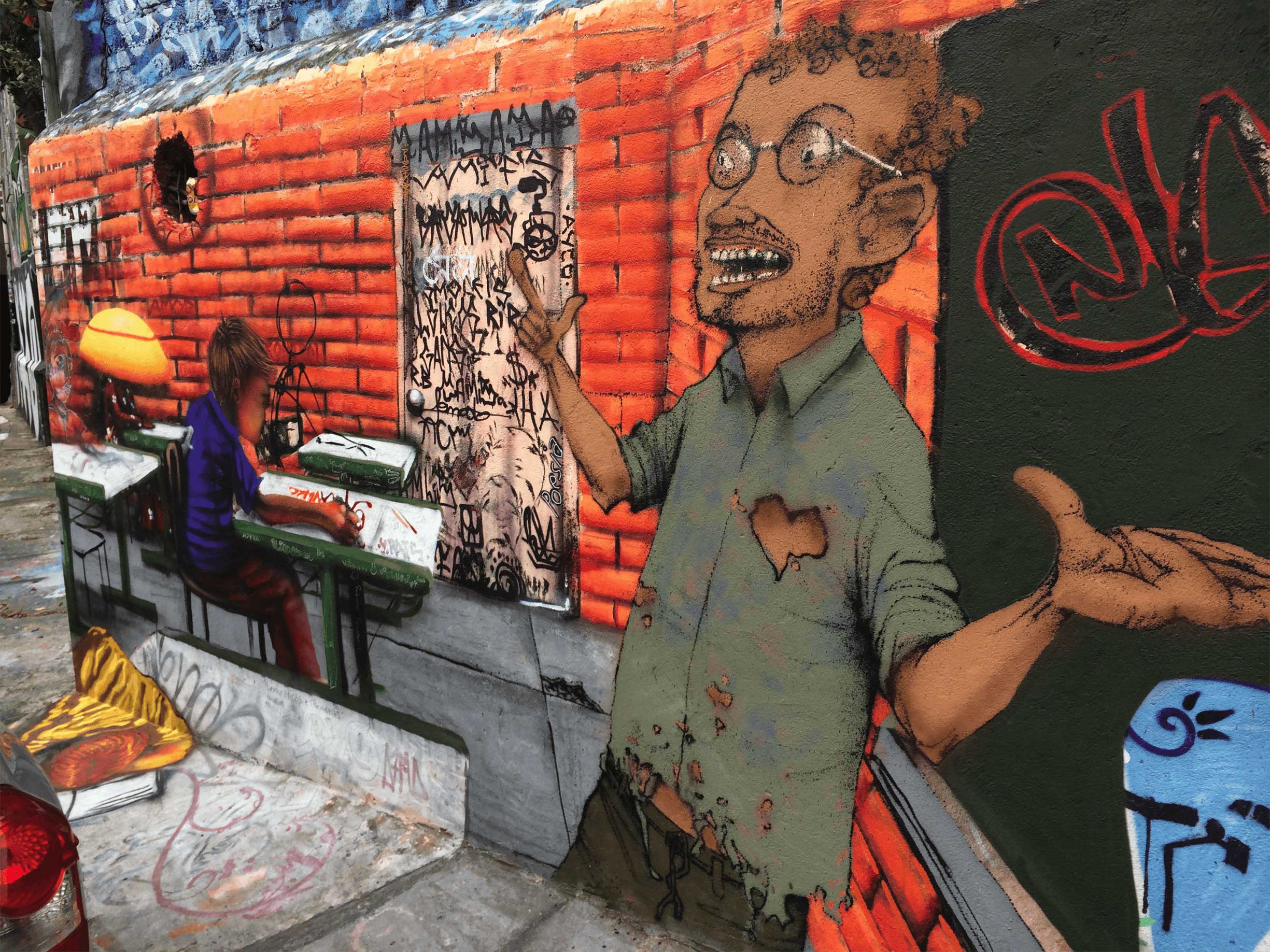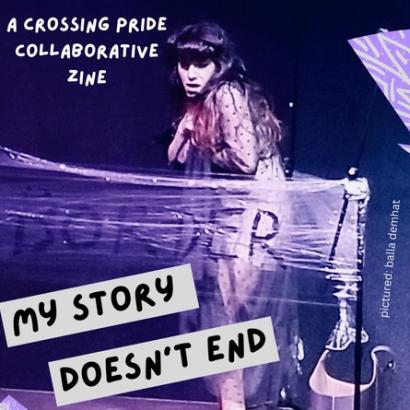
Rethinking Queer Migration Studies
Special Issue
Editors
Debanuj DasGupta, Department of Feminist Studies, University of California, Santa Barbara
Jeanne Scheper, Gender and Sexuality Studies, University of California, Irvine
This special issue builds upon research collaborations between faculty at University of California, Irvine, University of California, Santa Barbara, the University of California Humanities Research Institute and LGBTQ+ migrants/asylum seekers from Palestine, Syria, Egypt, Ghana, and Pakistan as well as artists from the African diaspora. The scholarship, creative collaborations, and transnational dialogues inform a rethinking of how we conceive of and approach the field of Queer Migration Studies.
The contributors in this series offer two distinct ways for rethinking the intersections of sexuality, migration, and border studies. First, highlighting the affective and embodied dimensions of migration as a way to attend to understanding how the pain and the dislocation of migration and movement is felt at the scale of the queer migrant/displaced body. Secondly, the contributors offer glimpses from queer refugee world-making practices across diverse global cities including Buenos Aires, Berlin, Stockholm, and Los Angeles as a way of troubling the assumption that LGBTQ+ people follow the same path of suffering in the global south that leads them to arrival in a global north that promises freedom from oppression faced in their countries of origin. Instead, for example, Ricardo Delgado Solis reveals how any potential for achieving elusive freedom and citizenship remains impossible for racialized undocumented queer subjects in the United States. Debanuj DasGupta and Eyad Ja’bari examines how LGBTQ refugees escaping war in Ukraine, Russia, Chechnya, and Syria are engaging in world-making practices in Buenos Aires, Argentina, while Jeanne Scheper and Debanuj DasGupta assemble conversations between LGBTQ+ migrants/asylum seekers and other collaborators in order to center the voices of the refugee subject. It is our hope and aim that in troubling existing narratives by foregrounding lived and embodied experiences and collaborative creative world-making dialogues, this series will offer ways for rethinking a global North centric geography in Queer Migration Studies.

